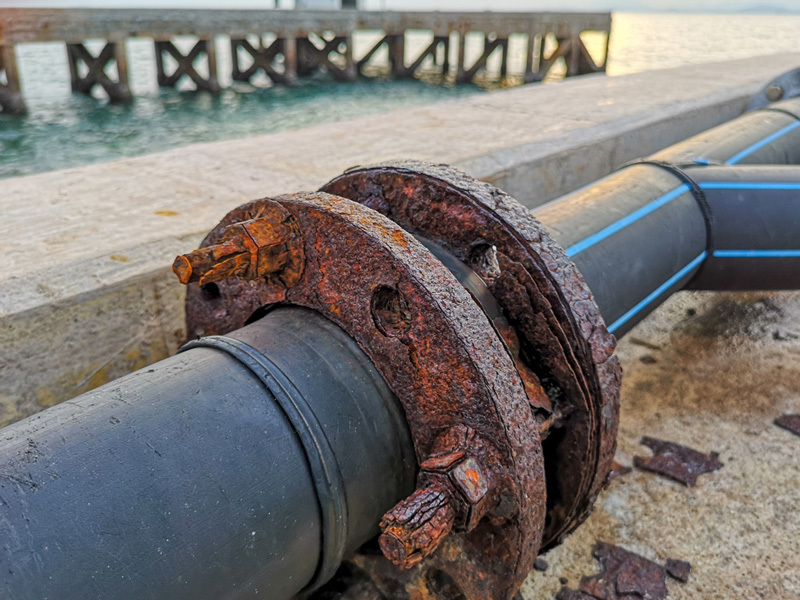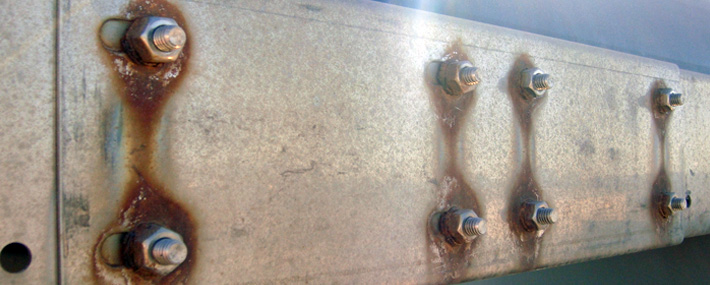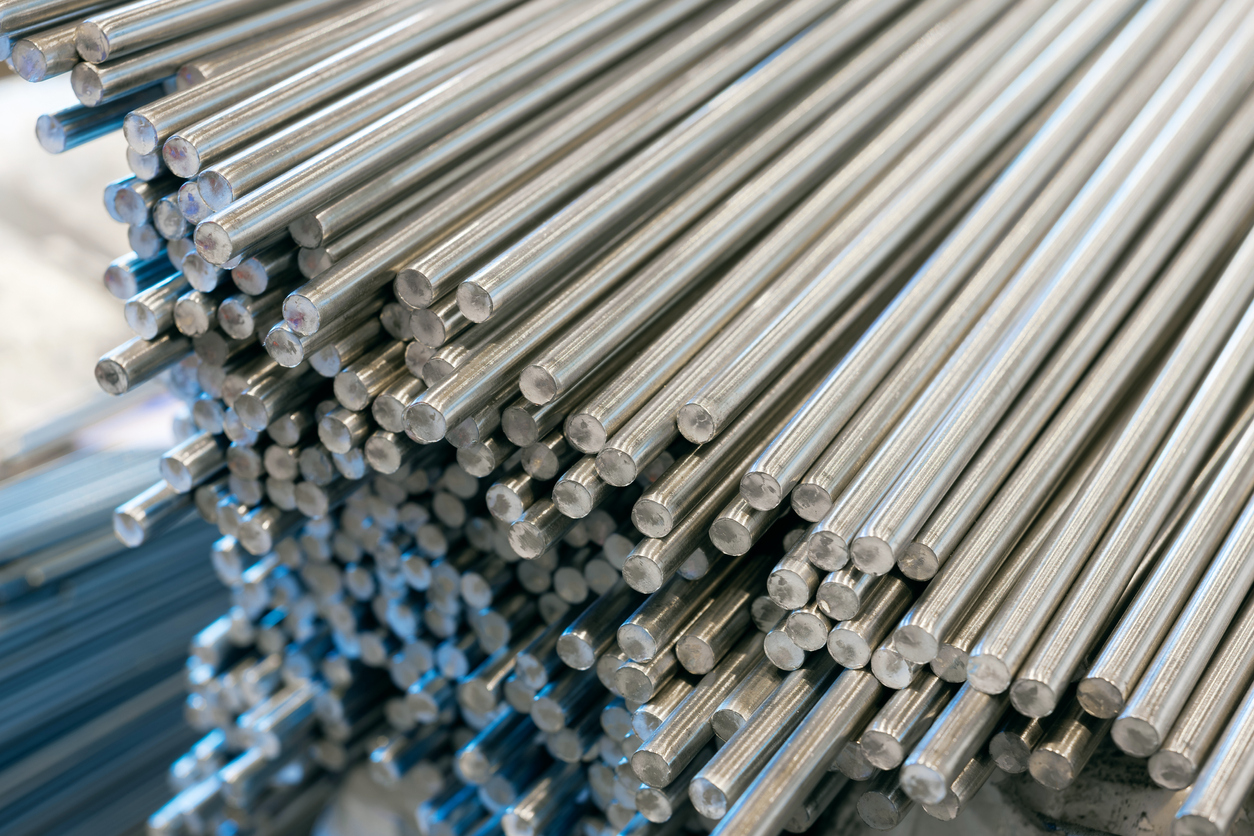Aluminium : How to prevent Corrosion of aluminium
Aluminium is a versatile and widely used metal in various industries due to its lightweight nature, excellent conductivity, and corrosion resistance. However, despite its natural resistance to corrosion, aluminium can still be susceptible to degradation over time, especially in certain environments. This article aims to provide a comprehensive guide on how to prevent corrosion of aluminium through a combination of proactive measures, protective coatings, and proper maintenance practices.

Understanding Corrosion:
Metal degradation occurs naturally as metals, like aluminum, react with their environment, leading to material deterioration. Aluminum corrosion typically manifests as the formation of a white, powdery substance known as aluminum oxide. Although aluminum oxide acts as a protective layer on the metal’s surface, certain conditions can compromise this shield, leaving the metal susceptible to further corrosion.
1. Environmental Factors:
Understanding the environmental factors that contribute to aluminium corrosion is crucial for implementing effective preventive measures. Some key factors include:
a. Moisture:
Aluminium corrosion is accelerated in the presence of moisture. It is essential to keep aluminium surfaces dry, especially in environments with high humidity or frequent exposure to water.
b. Salinity:
Coastal areas with high salt content in the air can accelerate the corrosion of aluminium. Regular cleaning and protective coatings are essential in such environments.
c. Pollution:
Industrial pollutants and airborne chemicals can contribute to aluminium corrosion. Protective measures such as coatings and regular cleaning are vital in polluted environments.
2. Protective Coatings:
Applying protective coatings is one of the most effective ways to prevent aluminium corrosion. Various coating options are available, each catering to specific environmental conditions:

a. Anodizing:
Anodizing is an electrochemical process that forms a thick, protective layer of aluminium oxide on the metal’s surface. This enhances corrosion resistance and provides additional durability.
b. Powder Coating:
Powder coating involves applying a dry powder to the aluminium surface, which is then cured to form a protective layer. This method offers excellent corrosion resistance and durability.
c. Organic Coatings:
Organic coatings, such as paints and clear coats, provide a barrier against environmental factors. Regular maintenance, including repainting when necessary, is crucial for their effectiveness.
3. Proper Maintenance:
Regular maintenance is essential for preventing aluminium corrosion and ensuring the longevity of structures and products. Some key maintenance practices include:

a. Cleaning:
Regularly clean aluminium surfaces to remove dirt, salt, and other contaminants. Use mild detergents and non-abrasive tools to avoid damaging protective coatings.
b. Inspection:
Conduct routine inspections to identify early signs of corrosion, such as pitting or discoloration. Promptly address any issues to prevent further deterioration.
c. Lubrication:
In applications involving moving parts, proper lubrication can prevent friction-induced corrosion. Choose lubricants compatible with aluminium to ensure optimal protection.
4. Galvanic Corrosion Prevention:
Galvanic corrosion occurs when aluminium comes into contact with dissimilar metals in the presence of an electrolyte. To prevent galvanic corrosion:

a. Use Insulating Materials:
Where possible, use insulating materials to separate aluminium from other metals, reducing the risk of galvanic corrosion.
b. Utilize Corrosion-Inhibiting Agents:
Employ corrosion-inhibiting substances, like protective coatings or compounds resistant to corrosion, to minimize the effects of galvanic corrosion.
5. Alloy Selection:
Choosing the right aluminium alloy for a specific application is crucial in preventing corrosion. Some alloys are more corrosion-resistant than others, so selecting the appropriate alloy for the intended use can significantly enhance the metal’s durability.

Conclusion:
Preventing corrosion of aluminium requires a multifaceted approach that combines environmental awareness, protective coatings, regular maintenance, and smart material selection. By understanding the factors that contribute to corrosion and implementing proactive measures, individuals and industries can ensure the longevity and reliability of aluminium structures and products. Whether in construction, transportation, or consumer goods, a commitment to corrosion prevention will maximize the benefits of this versatile metal.
READ MORE: WHAT IS BUTTON HEAD SCREWS , AND PROPERTIES , APPLICATIONS
READ MORE: How to start a new startup business on Deepawali 2023





